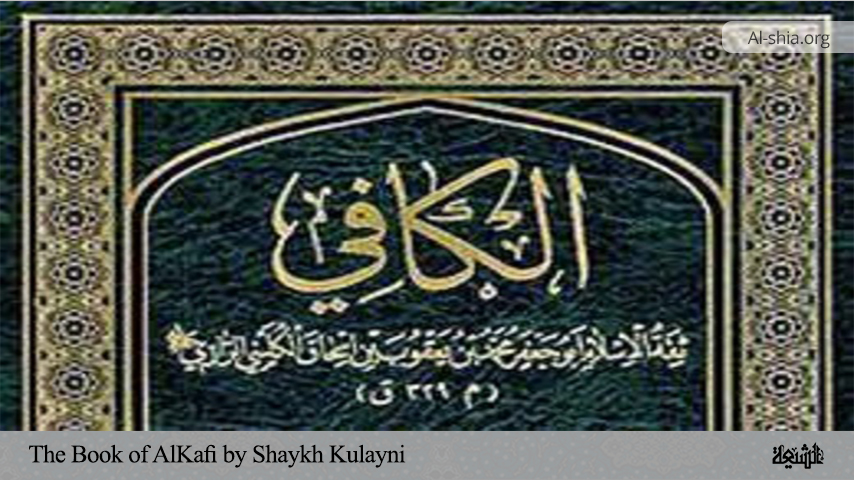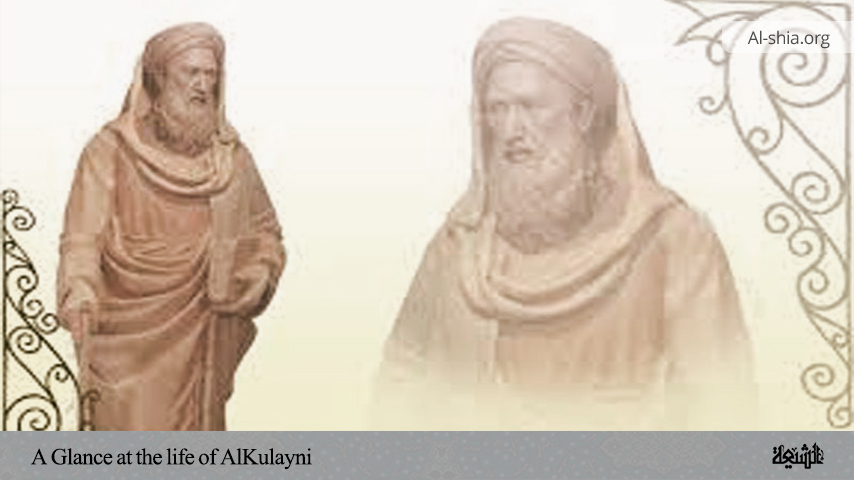In the Battle of Siffin, Mu’awiya, based on the advice of Amr ibn ‘As, used a trick and ordered that the copies of the Qur’an that were in the camp to be put on spears, go ahead towards Ali’s army and invited them to judgement with the Qur’an. This trick worked as a group of Qur’anic reciters in Ali’s armies went to the Commander of the Faithful and forced him to stop the fight. The battle finally stopped and it was time to choose the arbitrators from both parties.
The arbitrator of the Syrians was known to be Amr ibn ‘As. However, Imam Ali wanted to choose Abdullah ibn Abbas as his representative, but some commanders of his army rejected his nomination but prescribed Abu Musa Ash’ari instead for such a task. More than any other person, Ash’ath did everything to get Abu Musa chosen as the arbitrator from Ali’s army.
Amr ibn ‘As with special cleverness agreed with Abu Musa that Ali did not deserve to rule because he sheltered the killers of Uthman and started the war. Abu Musa also criticized Mu’awiya and did not see him as worthy of the caliphate. They decided that Abu Musa should depose Ali from the caliphate, while Amr ibn ‘As should depose Mu’awiya, and the action of appointing a new Caliph should be handled by the elected council. They both agreed with each other. When the arbitrators had to announce their verdict, Amr ibn ‘As used another trick, as he requested Abu Musa to make his presentation first.
Abu Musa addressed the crowd and pronounced publicly: “I depose Ali from the caliphate just like I remove this ring from a finger.” Thereafter Amr ascended the pulpit and said: “Just as Abu Musa deposed Ali from the caliphate, I will also depose him but appoint Mu’awiya to the caliphate as I put this ring on my finger.”
Abu Musa got angry and disappointed with Amr’s deceptive act. On hearing the judgements, The Iraqis objected to the decision of the arbitrators but it was too late. A group, who were later known as Kharijites criticized the Imam for appointing an arbitrator.
In response to this, Imam Ali (PBUH) said the following: “Because these people were invited to allow the Qur’an to judge among ourselves, we were not a group that turned away from the Book of Allah, as He has said that “if you dispute concerning anything, refer it to Allah and the Apostle.” And referring it to Allah is to accept His Book as a judge, and referring it to the Messenger’s Sunnah is to accept his Sunnah (practice). If they truly judge with Allah’s Book, we are more deserving of it than other people. The opinion of your leaders was unanimous to accept two men as arbitrators, and we obtained an agreement from those two to take the Qur’an as a yardstick and not to exceed its rulings. Their tongue should be with the Qur’an and their hearts should follow its ruling. But those two disobeyed the Qur’an and gave up the truth while they knew it. They desired to get out of the right path and their mood was to deviate and oppose what pleases Allah.”
At that point, they withdrew from Ali’s army and came to the house of Abdullah son of Wahab al-Rāsibī in a place called Harura. Abdullah gave them a sermon and invited them to piety and enjoining of good deeds and forbidding of evil. Then he said: “Get out of this city whose people are oppressors and seek refuge in the cities and places in the mountains and do not accept this heresy.” Thus, they said: “This gathering became greater and, in that assembly, they pledged allegiance to Abdullah son of Wahab. From there, they went to Nahrwan and invited the people to join their group.”
Thereafter, they started killing people. They killed Abdullah ibn Khabbab, whose father was a companion of the Messenger of Allah, and opened the stomach of his pregnant wife. When the news reached Ali, he said to the people of Kufa: “How can we leave them alone and go to Syria? It is better to make our mind at ease on the side of the Kharijites, thereafter rush towards Syria.” On the other hand, the Kharijites of Basra, whose number was documented as five hundred men, joined the Kharijites of Nahrwan, and their number increased and their danger became more serious.
Ali went after the Kharijites with his troops, but as it was necessary for his guidance and kindness before the war broke out, he sent Abdullah son of Abbas to them and told him:” Do not use the Qur’an as an argument against them because the Qur’an has different meanings. You will say something and your opponent will say something else. But dialogue with them with the Prophetic tradition that they had no choice but to accept it.”
Ibn Abbas went to them, but talking with them was not fruitful because the Kharijites were ready for a fight. However, before the battle, Ali (PBUH) also went to their camp and said: “Were you all with us in the battle Siffin?” They responded: “Some of us were there while some were not.“ He said: “So, separate those who were present in Siffin into a group, and those who were not present into another group, so that I may speak to each group as it suits them.“
The Imam spoke to the people: “Listen to what I say and turn to me with your heart, and the person I want to testify will speak about it as he knows: Was it when out of trickery and deception, they (the Syrians) raised the Qur’an, didn’t you say that they are our brothers and co-religionists? They asked for pardon from us and turned to the Book of Allah, that we should accept their opinion and free them. I told you that this is an act that openly means accepting the judgment of the Qur’an, but the secret of which is enmity with Allah and faith?”
Some of them testified to this and thereafter Ali told Abu Ayyub Ansari to raise a flag and he (PBUH) said: “Whoever comes under this flag is safe.” Five hundred of them under the leadership of Farwa ibn Nawfal Al-Ashja’i separated from the Kharijites and moved to the city of Daskara. A group went to Kufa and a hundred people came to Ali. But most of them remained and said: “You are right, we accepted the judgment and by so, we became disbelievers. Now we have returned to Allah, if you also repent of your disbelief, we will be with you.” Ali said: “May the stone of calamity fall on you so that it leaves no trace of you. After believing in Allah and fighting with Muhammad Mustafa (PBUHH), how could I testify to my disbelief?! If I do so, I will be lost and have no way to salvation. Take the present and the path of the past as your guide. Verily, all of you shall be degraded and become the prey of the victorious sword of the oppressors after me.”
Seven or nine of Ali’s companions were martyred in this battle while only nine from among the Kharijites remained. Ali (PBUH) said before the commencement of the battle: “By Allah, ten of them would not remain and ten from you would not be killed.”
The battle with the Kharijites ended in favour of the central caliphate. However, the negative effect it had on the spirit of many Iraqis was worse than the previous battle. In this battle, Muslims fought with Muslims whose foreheads were in prostration, and most of them were memorizers of all or most of the Qur’an.
Throughout the reign of the Marwan and the Abbasids, the Khawarij clashed with the governments in Basra, Ahvaz and the southern cities of Iran and defeated the large armies of the Caliph and they were later divided into different schools of thought. The only remaining sect of the Kharijites is Ibadiyyah.
Presently, the Ibadi sect of Kharijites in Algeria mostly live in the cities of Tahert and Ghardayah. The Ibadis are also found in the emirates of the Persian Gulf, as the official school of thought of the majority of the people of the Sultanate of Oman is Ibadi.






